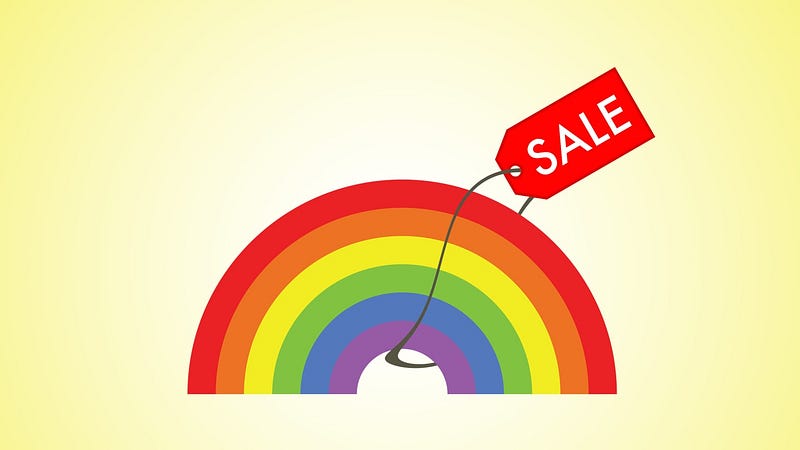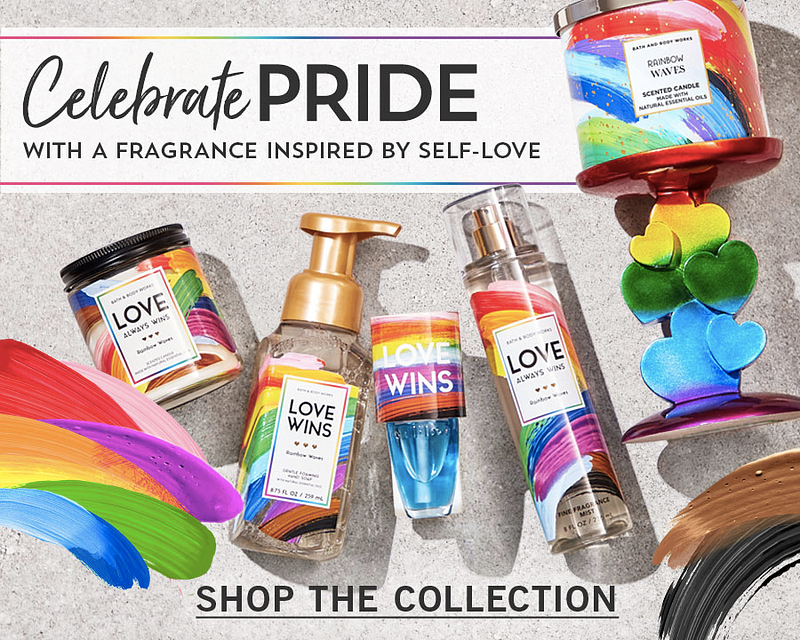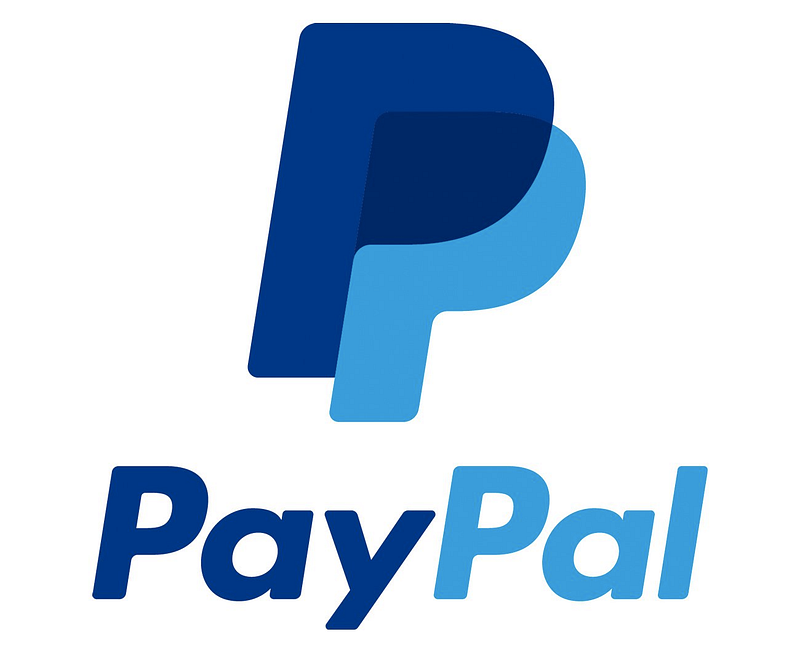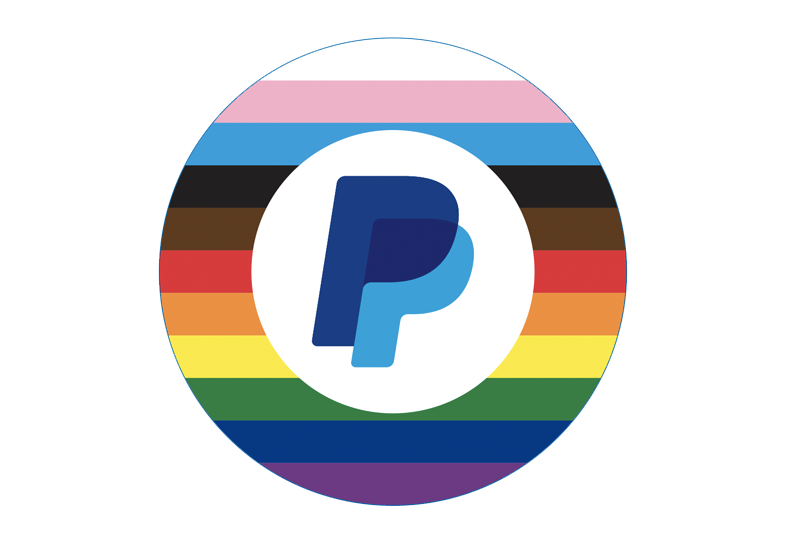Rainbow Capitalism and How it Affects the LGBTQ+ Community
Pride Month has come to its end. It is a month cherished by the LGBTQ+ community. It is a month to celebrate the courage and bravery of the…

Pride Month has come to its end. It is a month cherished by the LGBTQ+ community. It is a month to celebrate the courage and bravery of the community. It is a month to let the public know that love is boundless. It is a month to pay tributes to the activists at the Stonewall Riots who fought for gay rights. As a gay man myself, I truly am grateful that despite residing in a country where its government does not acknowledge the rights of queer identities and homophobia is a norm, I still can be my true self when I am with my close friends. Through the celebration of Pride Month, my friends have managed to understand what makes me, me.
It is also a month where the Marketing Department of every conglomerate shines. Whether it is at a grocery or general store, even on online shopping platforms, there is a chance of seeing a product with a rainbow flag on it. Advertisements that feature gay couples would also be a common sight. The purpose of the aforementioned initiatives is to promote Pride Month, alongside making their brand and products more marketable. This is known as “Pride Marketing”.
Pride marketing is a good thing right? Well, it’s situational. I know some of you might be confused by my statement, but allow me to explain.
Bath and Body Works, an American-based retail store company that sells soaps, lotions, fragrances and candles came up with a new collection Love Always Wins for this year’s Pride Month. The collection does not just feature a different packaging for their products, it also has a whole different scent. With notes of sunny sangria, bright melon and misty waters, the company claims the scent to smell like a sweet, refreshing celebration of pride, love and equality for all. According to the official Bath and Body Works website, the collection is also the result of a partnership with the It Gets Better Project, a non-profit organisation that aims to uplift, empower and connect LGBTQ+ youth across the globe. Bath and Body Works is donating $150,000 to the project as well.

PayPal, an American financial technology company operating an online transaction system in several countries, posted a YouTube video in 2019 to show their support for the LGBTQ+ Community. PayPal also modified their logo in conjunction with Pride Month and used it as its social media profile picture. Despite all the efforts, according to Harvard Politics, PayPal still does not allow its transgender users to change their birth name and gender on their accounts.
Notice the difference between the two companies? One actually takes the initiative to make a positive change to the LGBTQ+ community while promoting their products, whereas the other promotes its support for the community without making any useful contribution. It wishes to make its products more marketable and profitable by making use of the community with minimal support for its people — or none at all.That is what we call “Rainbow Capitalism”, also known as “Rainbow Washing”.
There is a fine line between pride marketing and rainbow capitalism. They are not the same, for rainbow capitalism comes from mistakes made in pride marketing.
What are the Mistakes Made in Pride Marketing?
1.Performative Allyship
In the month of June, some companies may be hanging rainbow flags around their stores, adding rainbows on every product and installing advertisement boards that say “Love Wins!” without actually meaning it. These tactics may seem simple, but it has attracted and tricked many members of the gay community to invest or purchase their products. The money these companies are getting from gay customers is known as pink money. What they do with this money truly determines their support for us. They can give a monthly bonus to their gay workers or donate to a non-profit queer organization. A company that simply chooses to keep all of the money as profit is a sign of fake or performative allyship.
The aforementioned example of what PayPal did is a form of performative allyship. Thankfully, this year, the company decided to finally make a change with a step in the right direction. They signed an amicus brief to support New York’s State Human Rights Law and Civil States Law, prohibiting discrimination on the basis of sexual orientation.
According to The Guardian, American companies have spent a huge sum of money on Pride celebrations, thus making them more appealing to the queer community. Behind the scenes, though, they are also donating millions of dollars to politicians who voted against a legislation to protect the queer community from discrimination. Amazon, known as one of the largest online shopping platforms, donated over $450,000 to the aforementioned politicians. The company, though supporting anti-LGBT+ politicians, is still willing to collect profits from the community. In conjunction with Pride Month, Amazon offered a dedicated store PrideOutLoud, selling rainbow-themed products and books written by queer writers. Not only is it frustrating to see such two-faced actions from the company, but it also raises alarm about the extent of harm this can cause to the community as a whole in the future.
2. Lack of Inclusivity of the Whole LGBTQ+ Community
I am sure most of us have seen pride advertisements, either physically or online. Notice how some of them only feature western, muscular, fit, hypersexualized gays? It hurts to see it, right? For example, the New Zealand Winter Pride Events website features mostly images of gay men fitting the description I have just described. In my opinion, it is definitely far from inclusive. Some argue that the society in general has not fully accepted all sexually-diverse people equally. Companies only feature a certain kind of gay people to make their advertisements and shows look more attractive, marketable and profitable, which perfectly aligns with their principles of capitalism. They only acknowledge these certain kinds of people in our community.
These kinds of initiatives made by conglomerates could affect how we perceive ourselves. Some gay men think that they would only be accepted if they fit the social standards. This indirectly leads to the normalization of body shaming and body dysmorphia among gay men. Grindr, a gay online dating app, posted a video on YouTube featuring stories of the app’s users who have experienced being body shamed. According to a scholarly article posted on the National Library of Medicine, up to 32% of sexually-minor men have a negative body image of themselves.
For the transgender and non-binary members of the community, they have little representation in the media. The transgender even receive hate from cis-gendered gay people. According to Victory Institute, Sylvia Rivera, an American gay liberation and transgender rights activist, was scorned, booed and hissed at when she attempted to speak at a liberation march in 1973, as the lesbian women who had the stage at the time did not wish to have a drag queen or transgender to speak. Our community is not just being discriminated against, some of us are even discriminating each other, and such forms of pride marketing only further perpetuate this prejudice.
3. Mistreatment of LGBTQ Employees
It is seriously unfortunate that there are companies that proudly show their support for our community via social media, but still choose not to address issues regarding gay employees receiving mistreatment at work.
On the whole, statistics show that at least one in ten LGBTQ employees experienced some form of discrimination in the past year, and some corporates that brandish their Pride flags in June may be responsible for this. For example, Tesla Motors, a major electric car producer, retweeted a claim made last month by the company’s CEO, Elon Musk, that the company scored 100/100 for the 7th year in a row for LGBTQ Equality. In October 2017, a former employee filed a lawsuit against the company for being fired in retaliation after seeking protection from anti-gay harassment.
To show such little support towards its employees in such ways is yet another downfall of rainbow capitalism that ultimately displays the true colours behind a company’s pride marketing.
The Counterargument
Still, believe it or not, some are actually rather accepting towards rainbow capitalism. For those who come from countries where same-sex marriage and being a transgender person are illegal, it is rather a blessing to see companies post Pride Month advertisements, no matter what their real intentions are. It makes the queer community from the aforementioned kind of countries feel acknowledged and believe that love is love.
Sometimes, the world others are living in is very different. One gay person may be celebrated and loved on one side of the world, but beaten, discriminated and murdered on the other side. To just be seen and heard is already a golden opportunity for the ones who are unfortunate.
Conclusion
In my opinion, conglomerates celebrating Pride Month and demonstrating their support for the queer community is one massive step forward towards forming an inclusive society, especially for nations that oppress the community. Merely celebrating it though is insufficient, for they should also make useful contributions so that the community can be fully integrated into society and thrive. Companies mistreating their queer workers or not hiring queer people at all, universities rejecting applications due to the applicants’ sexuality or gender: these are still issues that have not been addressed in most parts of the world. We all deserve the right to pursue our passion, make a living and contribute to the global economy no matter the ethnicity, gender, religion and sexuality.
[Written by: A.A. Edited by: Siow Chien Wen.]



